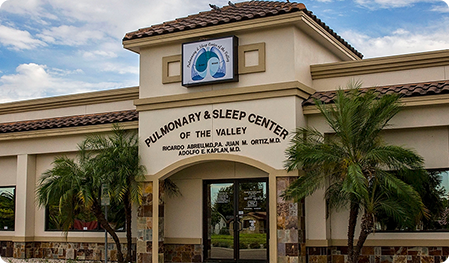Asthma
Asthma is a condition in which the airways become inflamed, making it difficult for the person to breathe. Of the 25 million people suffering from asthma in the U.S., about 7 million are children. Each year, more than 3 million new cases of asthma are diagnosed in America.
Sometimes, asthma symptoms are mild and go away on their own or after minimal treatment with asthma medicine. Other times, symptoms continue to get worse. Treating asthma symptoms when you first notice them is important. The Pulmonary and Sleep Center of the Valley has treatments that may keep the symptoms from worsening and causing a severe asthma attack.
Although there is no cure for asthma, most people with this condition are able to manage the disease by drawing from a variety of modern and effective treatment options. If you have asthma or think you may have asthma, the Pulmonary and Sleep Center of the Valley will help you take an active role in managing the disease. Treated effectively, asthma patients can live normal and active lives, and sleep through the night without interruption from asthmatic episodes.





